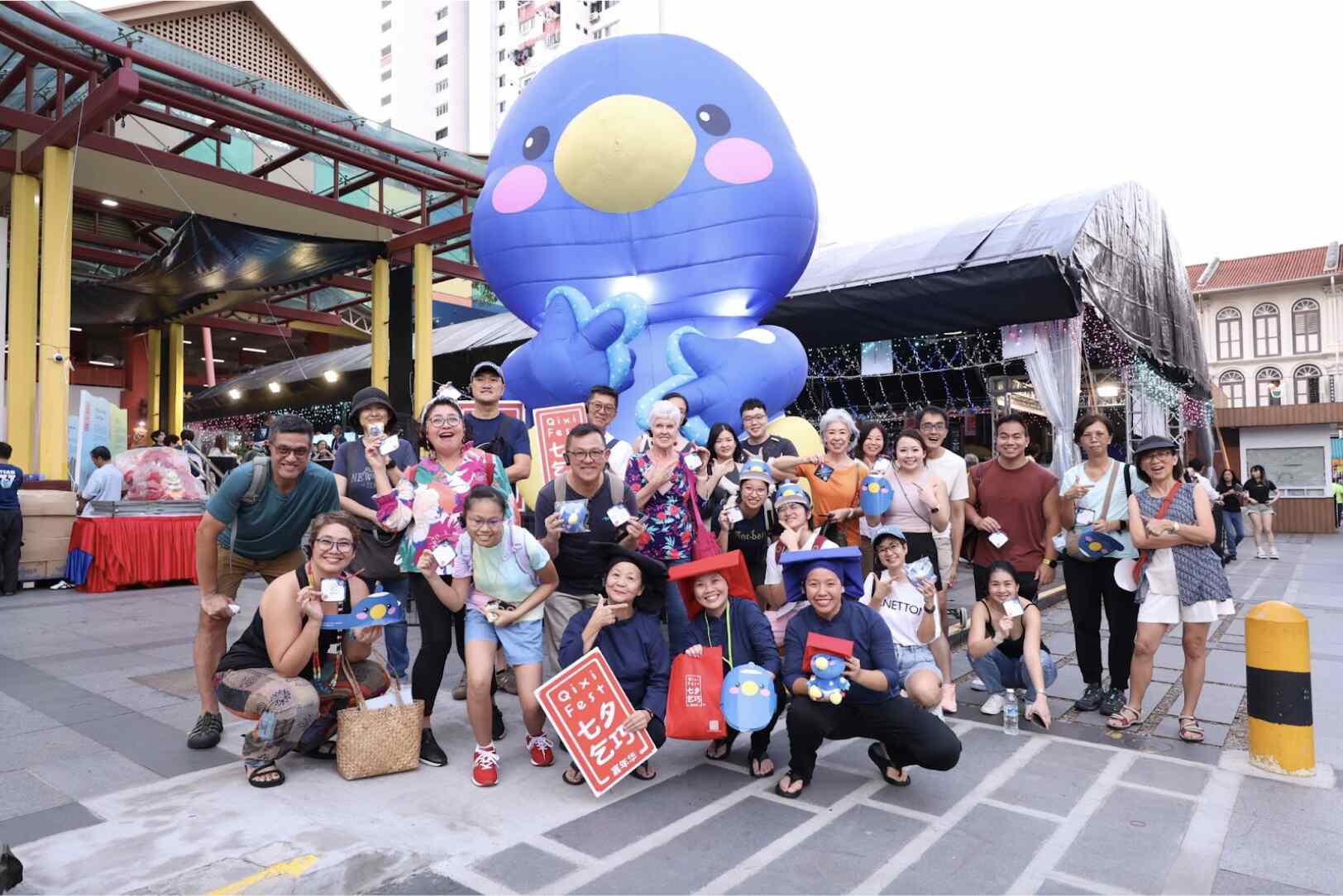How Bridging Generations Respects the Past, Moves the Present and Inspires the Future
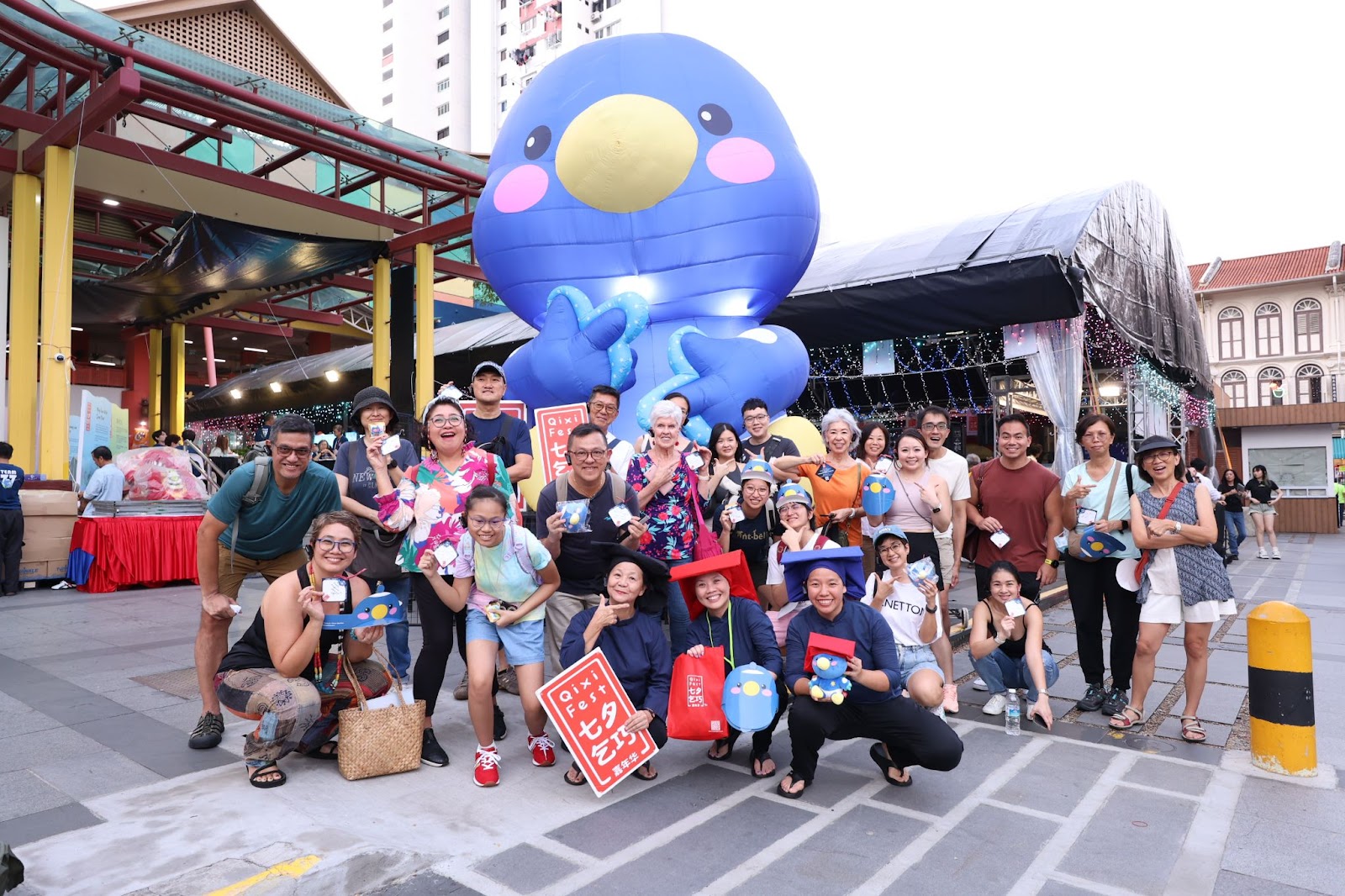
At OBW, we believe that stories provoke questions, evoke powerful feelings, and inspire action. This is why we invite our contributors to share their reflections on our stories, drawing from both personal experiences and valuable insights. Often, this is underscored by a question — one designed to spark introspection and conversation.
Lynn Wong, the founder of heritage social enterprise Bridging Generations, which is featured in our video story, Our Cultural Identity, invites readers to join her in questioning: How can we honour our past, enrich the present and shape the future?
Growing up in a family that wasn’t privileged, I had to avoid rain puddles due to my torn shoes, which I couldn’t afford to replace. Being part of a clan association allowed me to enjoy good food and company during festive occasions such as the Lunar New Year, while accessing a trove of rich culture. This sense of fellowship had a huge positive impact on me, and reflects the spirit of gotong royong (mutual assistance) that Singapore is known for.
As society can sometimes become increasingly transactional, it’s important to celebrate and preserve the values and traditions that make us shine on the world stage.
But heritage should not remain static — it should be experienced, lived and shared. This is why I started Bridging Generations, to reimagine the Lion City’s rich cultural assets in innovative ways that engage both young and old.
How to Reimagine the Past
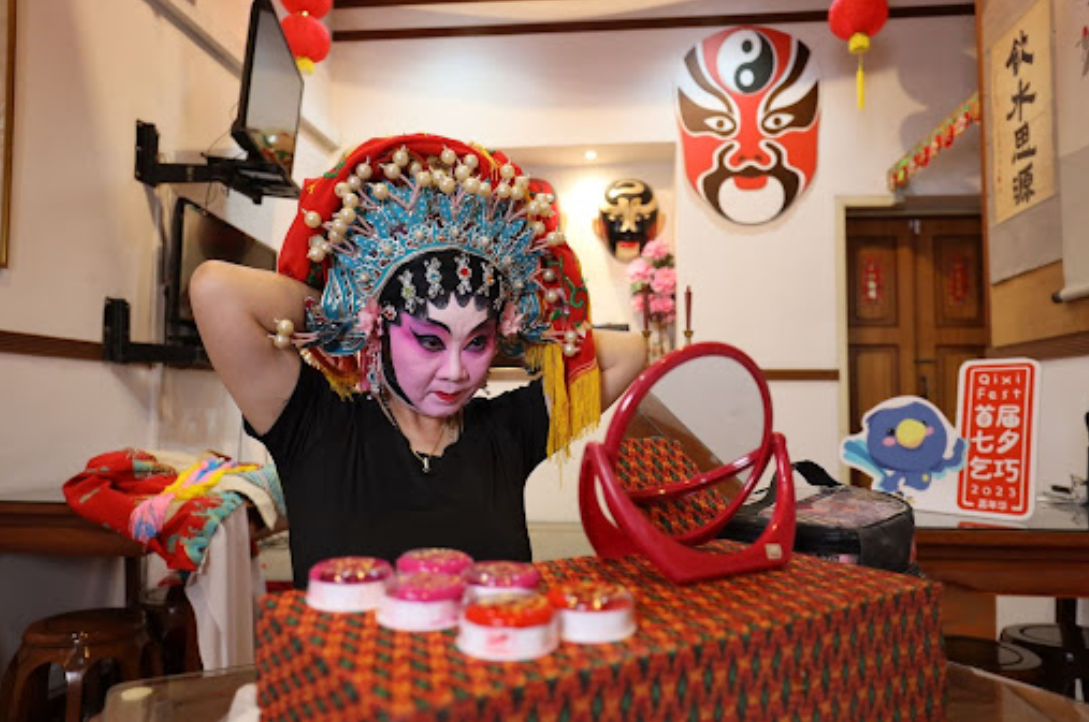
A prime example of this is our Qixi Fest, where we’ve revived the Qixi Festival, a beautiful celebration of sisterhood that was introduced to Singapore by our foremothers as early as the 19th century.
Over time, the festival took on a distinct local character, as early migrants not only made wishes for themselves — true to its name, which translates to "wish upon the stars" — but also transformed it into a platform for raising funds for charitable causes. Despite its decline over more than half a century, Qixi Fest has brought this once-grand celebration back to the public consciousness.
Its revival is deeply rooted in rigorous research, including interviews with seniors and close collaboration with more than 70 partners including clan associations, heritage businesses, arts and cultural organisations and government agencies.
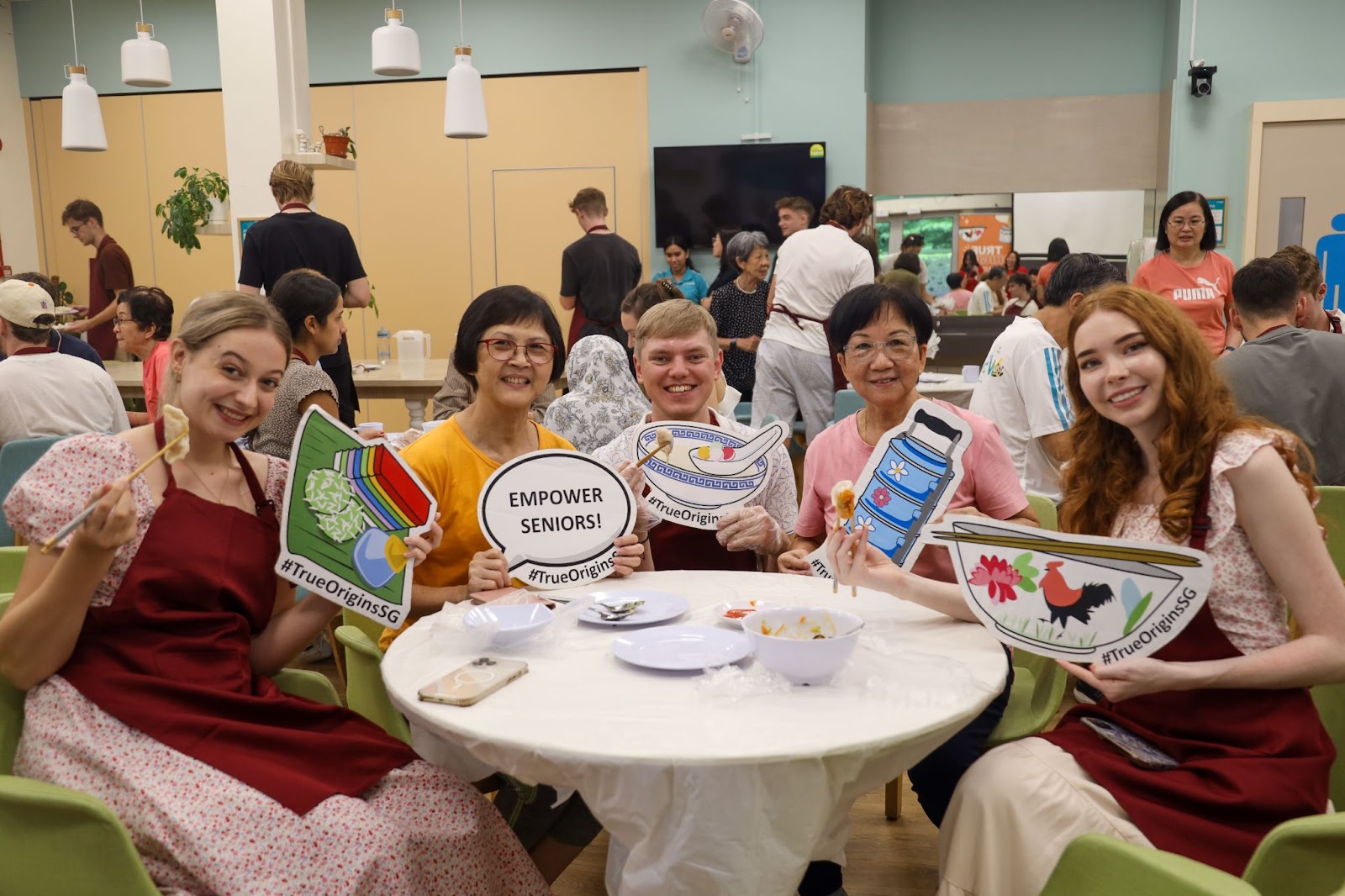
Honouring the past often entails tapping on our seniors’ wellspring of knowledge and wisdom. Likewise, our True Origins initiative empowers seniors by recognising them as cultural custodians who are mobilised to share their culinary skills and personal stories with international exchange students.
Seniors are actively involved in co-creating the programme, suggesting food pairings that reflect cultural themes. We want to overturn the perception of seniors as beneficiaries, casting them instead as assets who can ensure that heritage remains a living, evolving force that strengthens identities and community bonds.
Inspiring Future Generations
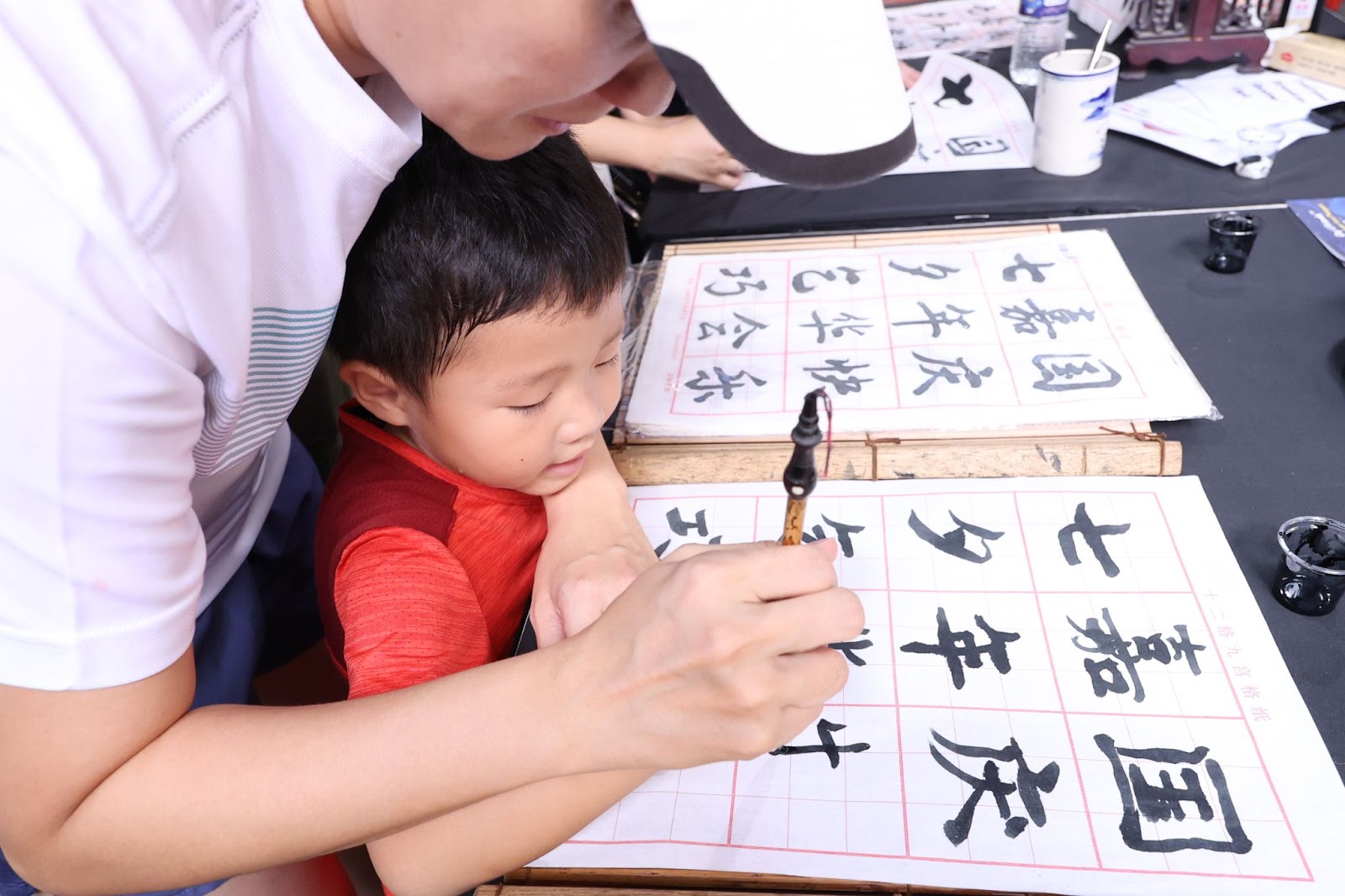
Cultural continuity isn’t possible without our youths, for whom we must ensure that heritage remains meaningful. To that end, education and storytelling play a crucial role.
Through Renforest Publishing, we produce thought-provoking academic literature and engaging children’s books that spark curiosity and inspire deeper cultural appreciation. We also reconnect youths with their heritage through initiatives such as the Ho Yeah Festival, which is dedicated to reviving long-forgotten dishes.
Besides engaging the general public, we also run internship programmes for those looking to enter the cultural heritage sector. Making it a viable career option is challenging, but I’m determined to help nurture the talents of youths who are passionate about heritage.
Once again, working with these individuals involves a collaborative process. I find out what resonates with their generation and how we can better angle our programmes to ensure relevance. It’s important to hear everyone’s voices.
Celebrating the Chinese Singaporean Identity
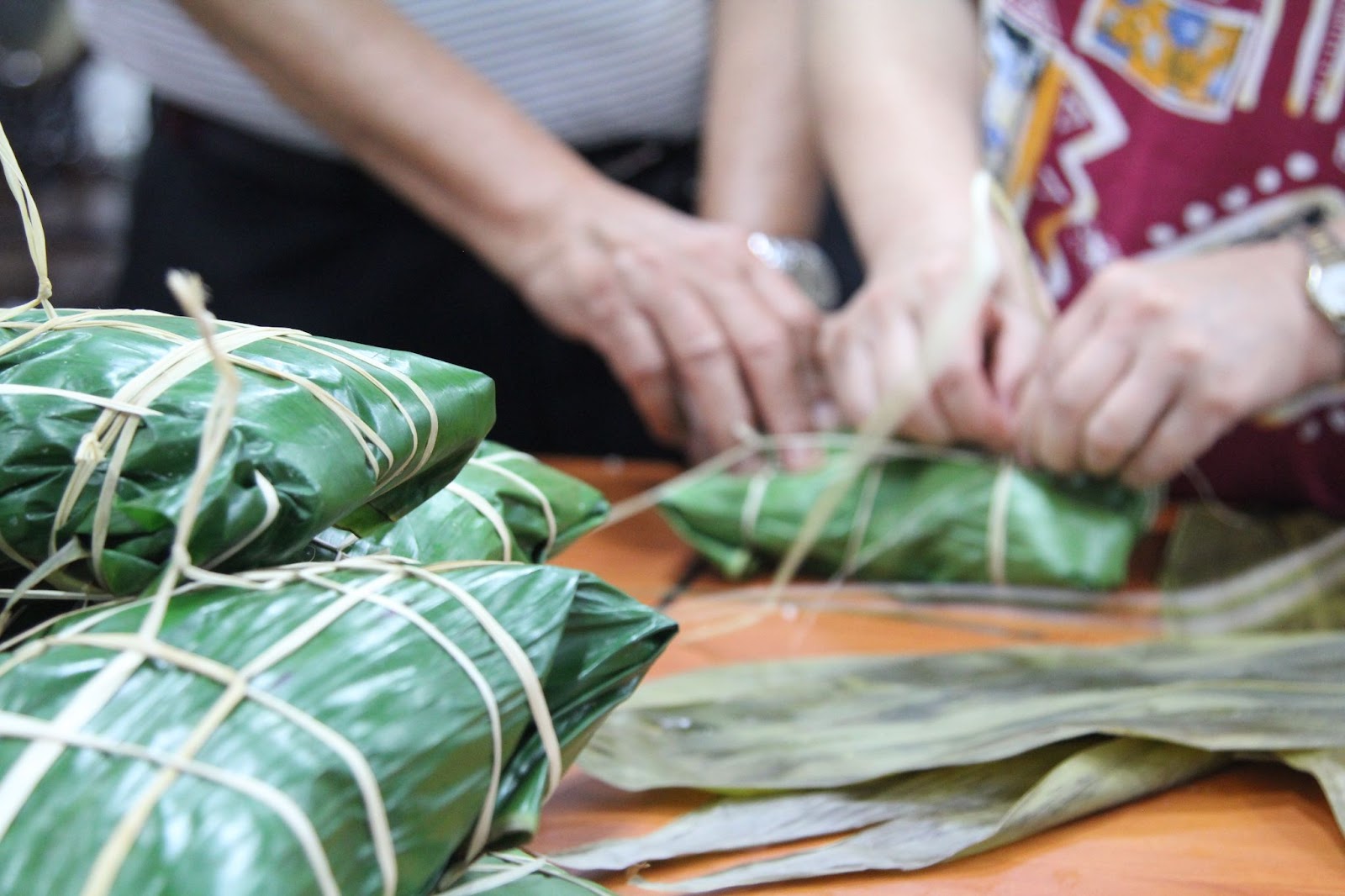
Championing Chinese Singaporean heritage lies at the heart of our work. Just as Singapore has undergone numerous political and economic changes over the years, navigating my identity as a Chinese Singaporean has been a journey of self-discovery. Perhaps what makes us unique is our embrace of diversity. This is embodied in siew heng guo zeng zong, a supersize rice dumpling that we featured as part of Ho Yeah Festival.
While the original version from Siew Heng is wrapped in a winter leaf, the local community in Singapore has adapted by using banana leaves, reflecting the creative evolution of heritage in different environments. The delicacy represents Singapore’s melting pot of cultures, where communities interact, learn from one another and adapt their own practices.
I’m happy to share our rich cultural fabric with Singaporeans and the world through Bridging Generations, which facilitates meaningful exchanges that respect the past, move the present and inspire the future. Together, let’s ensure that history, culture, and community remain relevant, engendering a more inclusive and resilient society for generations to come.



